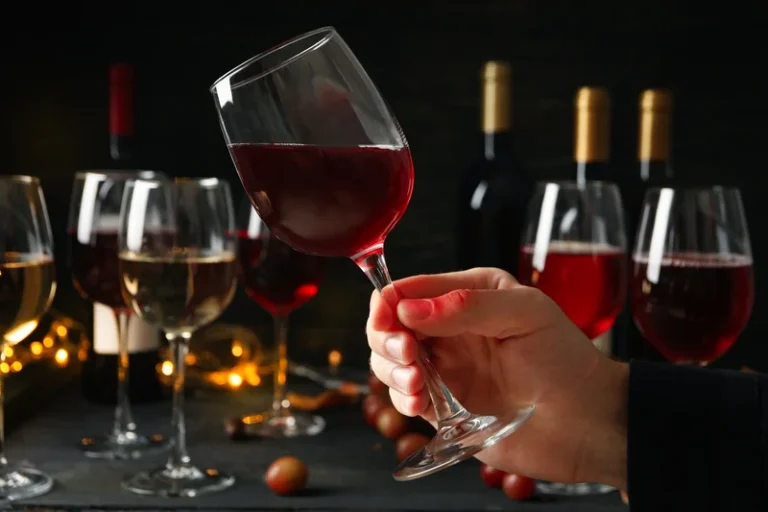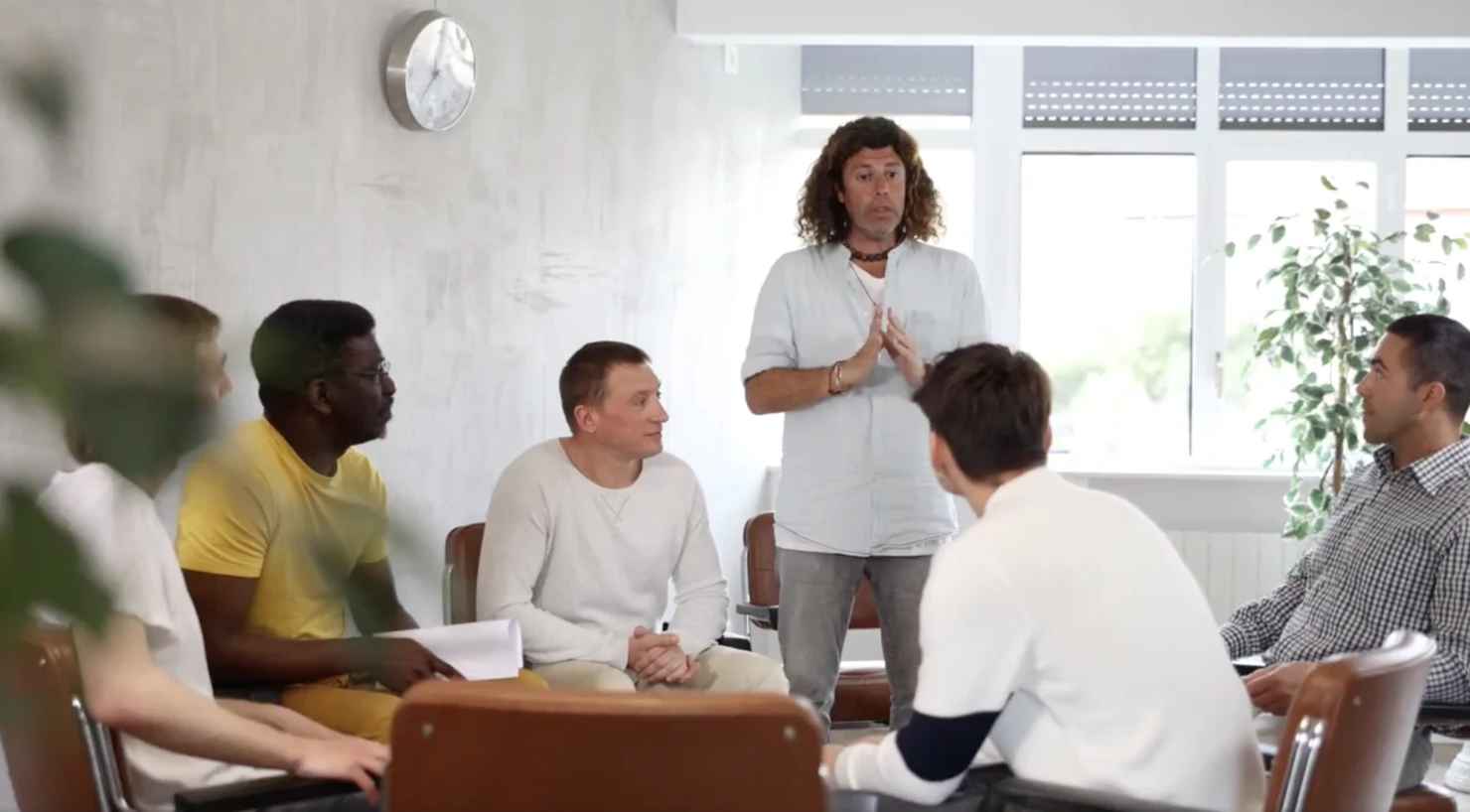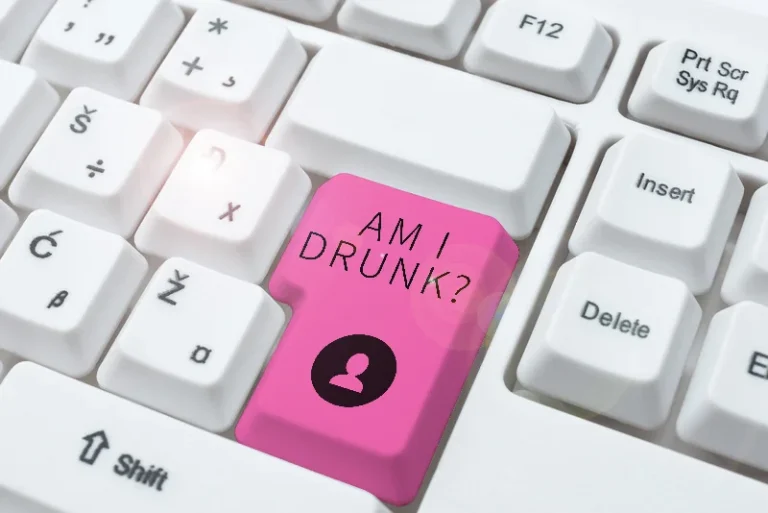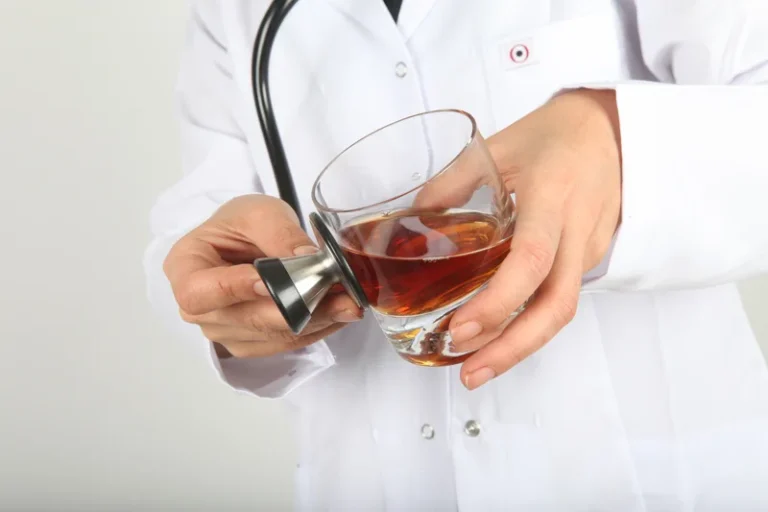
In contrast, a person is awake during a blackout, but their brain is not creating new memories. Everyday Health follows strict sourcing guidelines to ensure the accuracy of its content, outlined in our editorial policy. We use only trustworthy sources, including peer-reviewed studies, board-certified medical experts, patients with lived experience, and information from top institutions. Drinking just gets more complicated when you consider the immediate impact that “carby” beverages have on your blood sugar levels. The most important thing to know is that alcohol consumption can cause a significant blood sugar drop (hypoglycemia).
Effects of Excessive Drinking and Blackouts
It all depends on what you drink, how much you drink, and what else you’re doing while you’re drinking – like eating or dancing. Your risk of having a hypo doesn’t go away after you stop drinking – it increases, and can last up to 24 hours. To help keep health risks from alcohol at a low level, it’s safest not to regularly drink more than 14 units a week.
Alcohol Use And Addiction Among Diabetics
Alcohol can induce several types of lipid alterations, including elevated triglyceride levels in the blood (i.e., hypertriglyceridemia), reduced levels of low-density lipoprotein (LDL) cholesterol, and elevated levels of high-density lipoprotein (HDL) cholesterol. Modern neuroimaging techniques, such as positron emission tomography (PET) and functional magnetic resonance imaging (fMRI), provide incredible opportunities for investigating the impact of drugs like alcohol on brain function during the performance of cognitive tasks. The use of these techniques will no doubt yield important information regarding the mechanisms underlying alcohol-induced memory impairments in the coming years. Memory formation and retrieval are highly influenced by factors such as attention and motivation (e.g., Kensinger et al. 2003).
Drinking Alcohol And Diabetes: Effects On The Body
- As always, you should consult with your doctor to determine whether moderate alcohol consumption is right for you.
- When drinking alcohol is combined with the medications most often used to treat diabetes—particularly insulin and sulfonylureas, low blood glucose can result.
- If a person believes that they are experiencing psychogenic blackouts, a doctor may refer them to a neurologist, who may be able to diagnose psychogenic blackouts by ruling out other causes.
The average peak BAC in this group, which was roughly 0.28 percent, occurred approximately 2.5 hours after the onset of drinking. In a subsequent study, White and colleagues (2004) interviewed 50 undergraduate students, all of whom had experienced at least one blackout, to gather more information about the factors related to blackouts. As in the previous study, students reported engaging https://ecosoberhouse.com/ in a range of risky behaviors during blackouts, including sexual activity with both acquaintances and strangers, vandalism, getting into arguments and fights, and others. During the night of their most recent blackout, most students drank either liquor alone or in combination with beer. Only 1 student out of 50 reported that the most recent blackout occurred after drinking beer alone.

Learn more about continuous glucose monitoring
- This is the brain’s internal clock which manages our sleep and wake cycles by responding to changes in light around us.
- Alcohol-induced blackouts during the past three months prospectivelypredicted increased social and emotional negative consequences, but not alcoholdependence symptoms the following year.
- Drinking while taking one or more of these medications may cause them to work less effectively and cause side effects such as nausea and vomiting.
- A general model of memory formation, storage, and retrieval based on the modal model of memory originally proposed by Atkinson and Shiffrin (1968).
- Given the powerful influence that the medial septum has on information processing in the hippocampus, the impact of alcohol on cellular activity in the medial septum is likely to play an important role in the effects of alcohol on memory.
- Yet there is clear evidence that blackouts do occur among social drinkers.
This means that after an episode of hypoglycemia, glucose levels return to normal more slowly in drinking diabetics than in nondrinking diabetics, suggesting an alcohol-related impairment in the counter-regulatory response to hypoglycemia (Avogaro et al. 1993). Detailed analyses demonstrated that although the glucagon and epinephrine responses to hypoglycemia were unaffected, the growth hormone and cortisol responses were reduced after alcohol consumption. Gluconeogenesis, which also occurs primarily in the liver, involves the formation diabetes and alcohol blackouts of new glucose molecules from alanine and glycerol. Alanine is generated during the breakdown of proteins in the muscles, whereas glycerol is formed during the metabolism of certain fat molecules (i.e., triglycerides). Alcohol metabolism in the liver, however, actually shuts down the process of gluconeogenesis and thus the second line of defense against hypoglycemia. Consequently, both of the body’s mechanisms to sustain blood sugar levels are inactivated in people who consume alcohol but do not eat, resulting in profound hypoglycemia.

Indirect Effects of Alcohol on Hippocampal Function

Leave a Reply